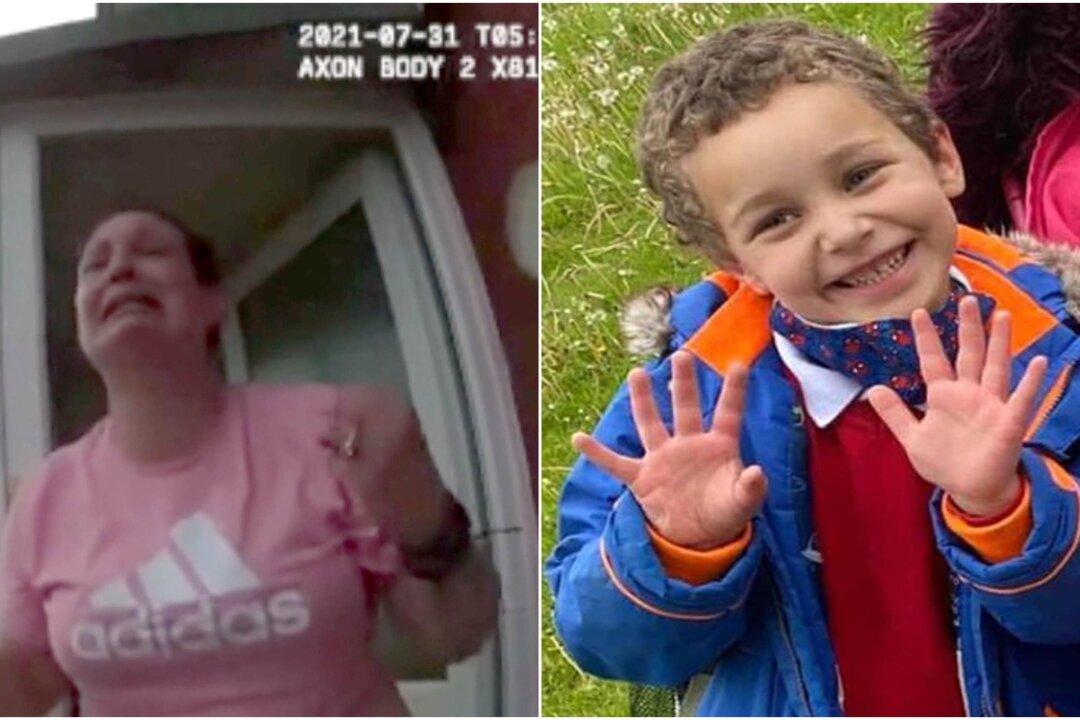A woman whose adopted son had to have both legs amputated because of abuse by his birth parents says she will meet a British government minister next month to iron out the details of how a child cruelty register would work.
Paula Hudgell, whose adopted son Tony had to have his legs amputated because of injuries inflicted by his birth parents, said a child cruelty register was needed to ensure people like Tony’s birth parents were prevented from having access to other children in the future.





